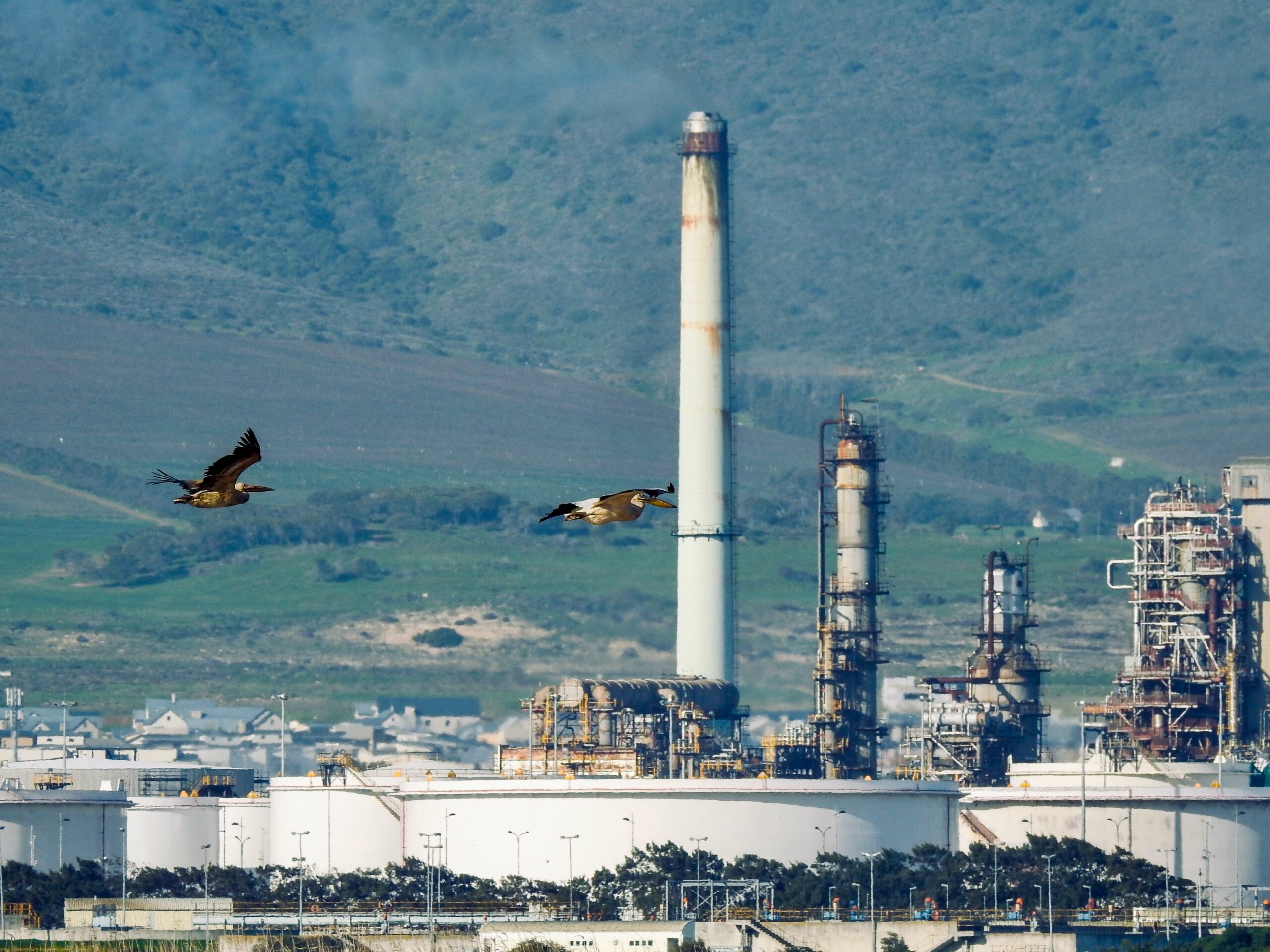
This refinery, situated in the Lekki Free Zone near Lagos, is expected to produce 650,000 barrels of crude oil per day, making it one of the largest in Africa. The facility’s strategic location and massive capacity are seen as critical in reducing Nigeria’s dependency on imported fuel, which has been a persistent issue, particularly given the nation's status as Africa’s largest oil producer. The lack of sufficient refining infrastructure has long forced Nigeria to import nearly all its refined petroleum, straining the country’s foreign reserves and contributing to the fuel scarcity.
Since the Federal Government announced the removal of fuel subsidies, Nigerians have faced skyrocketing petrol prices, leading to a surge in the cost of living. Long queues at fuel stations have become a common sight, as the country's four existing but underperforming refineries struggle to meet domestic demand. The inauguration of the Dangote Refinery, however, brings renewed hope for the energy sector and consumers alike.
Economic analysts highlight the significance of the Dangote Refinery in addressing the underlying structural issues in Nigeria’s oil sector. By refining crude oil domestically, Nigeria can reduce its import bill, improve its balance of trade, and ensure a more stable supply of petroleum products. Furthermore, the refinery is expected to create thousands of jobs, stimulate economic growth, and attract further investments into the energy sector.
There are also expectations that the increased availability of refined petroleum products will eventually lead to a reduction in petrol prices, easing the financial burden on Nigerians. However, this is contingent on the refinery operating at full capacity and overcoming any logistical challenges in distribution.
The President of the Nigerian Bar Association has voiced support for the refinery, urging the Federal Government and the public to back the project, which is seen as a vital step toward achieving energy security. The association emphasized the need for a coordinated approach to ensure that the refinery operates smoothly and that its benefits are felt across the country.
Environmentalists, however, have raised concerns about the potential environmental impact of the refinery. While acknowledging its economic importance, they urge the authorities to implement stringent regulations to mitigate any adverse effects on the surrounding communities and ecosystems.
The success of the Dangote Refinery is also closely tied to the country’s broader energy policies. Experts suggest that to maximize the benefits of domestic refining, Nigeria must address issues such as pipeline vandalism, which has been a significant challenge in the past. Securing the supply chain and improving infrastructure will be crucial to ensuring that the refinery’s output reaches consumers efficiently and affordably.
As the refinery gears up for full-scale operations, all eyes are on its potential to transform Nigeria’s oil industry. The stakes are high, but the successful operation of the Dangote Refinery could mark the beginning of a new era in Nigeria’s quest for energy self-sufficiency, reducing its reliance on imported fuel and stabilizing the nation’s energy market.
Topics
Live News
